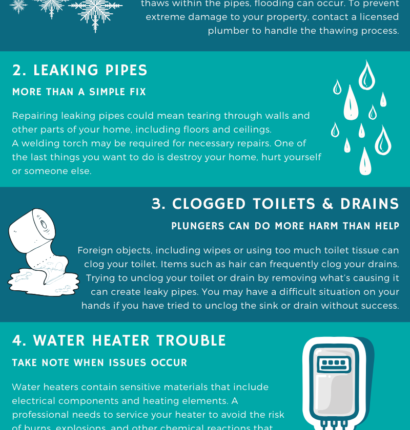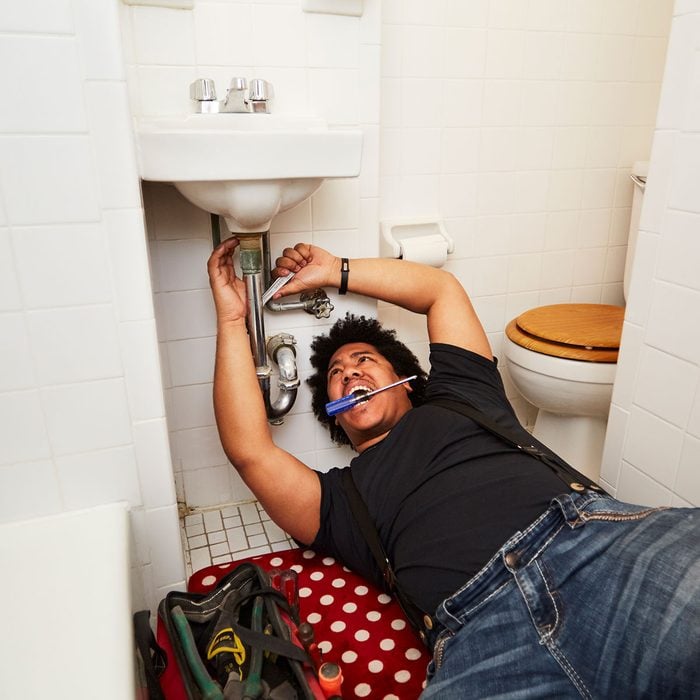All Categories
Featured

[/image][=video]
[/video]
Prior to you hurry to call a plumbing professional or make some bad Do it yourself choice, you might desire to take an appearance at these pipes keys that can conserve you time and cash. It is necessary to know where you water shut down valve remains in your home, as this can conserve you from more severe damages when pipes problems occur.
Once whatever is transformed off, have a look at your water meter. If the meter continues to move, it's likely that you have a leakage somewhere in your system. This technique will not inform you where the leak comes from, but it's a great initial step toward identifying an issue. An ongoing movement on your water meter when all water resources are switched off is a clear red flag that needs prompt attention.
However, slow drains pipes are typically an early caution indication of a larger concern. It can indicate an obstruction in the production, a problem with your drain line, and even tree origins penetrating your pipes. Rather than waiting on the drain to come to be completely blocked, take action as quickly as you see a stagnation.

If these do not function, it may be time to contact an expert. Disregarding the issue can cause a lot more serious and expensive problems down the line. Recognizing where your main water shutoff valve is can conserve you from potential water damages in case of a major leak or plumbing disaster.
Should I Hire A Plumber?
Ensure every household grown-up recognizes where the shutoff valve is and how to use it. In the event of a serious leak, promptly turning off your home's water can decrease damages and offer you comfort while you wait on a plumbing professional to arrive. It's a popular concept that chemical drain cleansers are the best option for blocked drains pipes a notion that could not be better from the fact.
The chemicals can rust the internal lining of the pipes, leading to damaged frameworks, leakages, and also pipeline bursts. They can leak into groundwater and pollute it, posturing dangers to neighborhood ecosystems.
These tools can successfully clear clogs without causing any kind of damage to your pipelines. If these approaches don't work, don't think twice to call a specialist.
Over-tightening can lead to several problems, including removed screws and damaged bolts, resulting in leaks or also water damages. This common mistake in DIY plumbing jobs can turn a small repair into an expensive endeavor.
Is Diy Plumbing Safe?
This ought to make sure a great seal without damaging the fitting or the pipeline. Remember, if a leak occurs, it's easier (and typically more affordable) to tighten a suitable than to change a broken one. Plumber's tape, or Teflon or thread seal tape, is a must-have device for every single home owner. It creates water tight seals at pipeline strings, protecting against leaks at joints and links.

Before affixing any fittings, take a moment to wrap a couple of layers of plumbing professional's tape around the strings in a clockwise direction. See to it the tape covers all the strings and is covered firmly. This easy yet crucial step can save you from handling annoying leaks down the line.
Bear in mind that for bigger problems, specialist assistance is constantly advised. To prevent this from occurring, consider setting up pipe insulation.
Plus, throughout colder months, pipeline insulation can assist prevent your pipes from freezing and rupturing a circumstance that can bring about costly repair services. When it comes to sealing components like taps, numerous do it yourself fanatics instinctively reach for a plumbing technician's putty. There's an alternative that may serve you far better silicone caulk.
Is Diy Plumbing Safe?
This versatility allows it to accommodate slight shifts or movements without breaking the seal, offering an extra sturdy and durable solution. Just remember to allow the caulk treatment entirely according to the manufacturer's instructions prior to exposing it to water to make certain the ideal results. "Doping" in plumbing describes applying pipe dope, or pipe joint substance, to the threads of plumbing connections before they're screwed together.
Latest Posts
Plumbing local to ,
Emergency Plumbing
Emergency Plumbing nearby